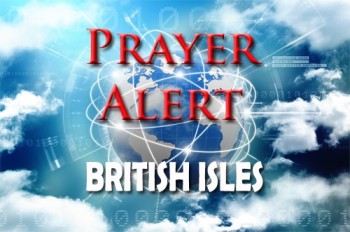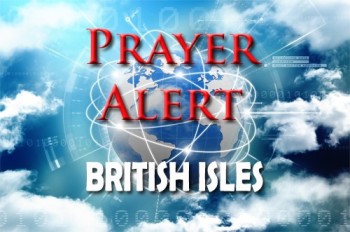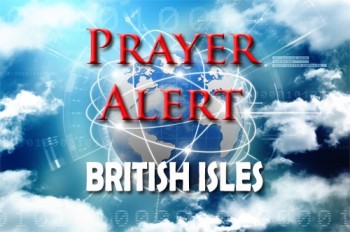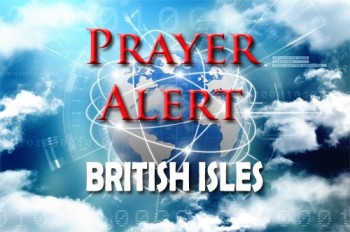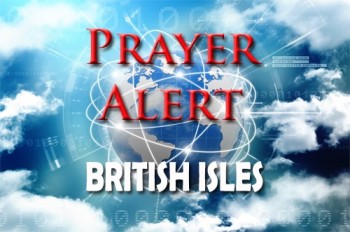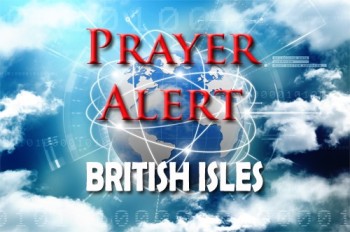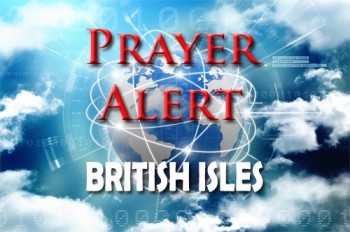Displaying items by tag: strikes
Last-minute offer may avert strike by resident doctors
A major strike by resident doctors in England, due to begin on 17 December, may be averted after ministers offered the British Medical Association a new deal centred on expanding training opportunities rather than pay. The BMA has agreed to put the offer to members in an online survey closing on 15 December. If members support it, the five-day walkout could be cancelled. The proposal includes 4,000 additional specialist training posts by 2028, with 1,000 available next year, and measures to prioritise UK-trained doctors for competitive roles, as well as covering exam fees and other expenses. However, it contains no pay increase; health secretary Wes Streeting insisted that pay negotiations are closed following nearly 30% rises over three years. Criticising the BMA for not immediately suspending strike plans, he warned that hospitals must now begin cancelling appointments to prepare for potential disruption during a difficult winter. The BMA says strikes have forced government action but stresses the offer does not address long-term pay erosion. If members indicate the deal is insufficient, the strike will proceed.
India: protests and strikes after medic’s rape and death
Nationwide protests have disrupted hospital services in several Indian cities after the rape and murder of a 31-year-old trainee medic in West Bengal on 9 August. Thousands of doctors, led by the Federation of All India Medical Association (FAIMA), marched in Kolkata demanding better security and justice. The Indian Medical Association (IMA) also noted the poor working conditions, heavy workloads, and frequent violence faced by doctors in government hospitals. The protests, including an ‘indefinite’ strike by FAIMA, have severely affected hospital services: for example, over 8,000 government doctors in Maharashtra have halted work, except in emergency departments. Police have arrested a volunteer from their forces in connection with the crime, and the investigation has been transferred to the Central Bureau of Investigation by a Kolkata high court, indicating the seriousness with which the case is being treated.
Can we avoid a summer of strikes?
Whether you're waiting for a hip operation, a new passport, wondering what you're going to do with your children when their teachers are on the picket line, or are a university lecturer worried about losing pay when you protest, walkouts aren't anywhere close to coming to an end. The nurses’ union leader told her members a 5% pay rise and a one-off payment of at least £1,655 was worth accepting. But they disagreed. So strikes continue, with staff being withdrawn from emergency departments for the first time. Junior doctors are set for further industrial action and could end up on strike at the same time as nurses in England. Civil servants are likely to walk out too, having missed out on a one-off payment for 2022/3, which other workers had been granted. Dave Penman, leader of the FDA civil service union, warns the consequence will be a ‘prolonged and damaging dispute’.
February 1 mass strikes will cause economic self-harm
Train drivers, teachers, lecturers and civil servants will walk out on the same day and a senior minister urged them to reconsider the industrial action and think about the impact it will have on working people across the country and on the economy saying. We know times are difficult. What we don’t want to see is the economy damaged by self-harm strike action that makes it harder to get to work, cross the border and of course to get access to crucial public services.’ The walkouts take place amid union bosses' anger over anti-strike laws making their way through Parliament that would curb the impact of walkouts by requiring minimum service levels. The RCN said, ‘We have extended an olive branch, actually the whole tree, to government to meet us halfway, so now come on.’ The education secretary will talk to teachers about money but stopped short of promising to review pay. see also
Potential new offer to health workers
Health secretary Steve Barclay will hold another round of talks with union leaders ahead of planned strikes by nurses. Whitehall said ministers were working on options for resolving the strikes, which could include a one-off payment to reflect cost of living pressures. They recognised that union leaders ‘have to get something for this year’ before they will consider calling off the current wave of industrial action. What level of payment might be offered, and how it could be funded, is not yet clear. There are also concerns that any payment to resolve the health dispute would set a precedent for other sectors facing industrial strife, including education and transport, potentially landing the taxpayer with a bill running into billions of pounds. The moves came as 25,000 ambulance workers staged a second day of walkouts and unions warned they could boycott talks on the next pay round in April.
NHS strike ballot over pay and funding
Healthcare leaders have been quick to call on Mr Sunak to relook at nurses' pay amid nationwide strike ballots. Thérèse Coffey was removed as Secretary of State for Health and Social Care, and Steve Barclay was reappointed. Responding to the announcement of Rishi Sunak as prime minister, Royal College of Nursing General Secretary and Chief Executive, Pat Cullen, said, ‘Rishi Sunak must now decide if he wants to be the prime minister who cut the NHS and social care to the bone or one that invested in its people, patients and priorities. He is new to Number 10 but nursing staff recall this year’s NHS pay cut was designed by Sunak from his Treasury desk. The NHS Providers chief asked for decisive action to tackle diminishing funding due to soaring inflation, staff shortages and treatment backlogs.
Railway staff paid more than market rate
Striking rail maintenance workers are already paid almost a fifth more than those doing comparative roles, the industry regulator has said. Independent consultants looked at total rewards, including pay, pension costs and other measurable benefits, of 64,000 railway workers. The analysis shed fresh light on the bitter industrial dispute which has led to rail strikes across the country. Workers demanding double-digit pay rises already receive salaries 18% higher than ‘market comparators’. Station staff salaries are 12% higher, and train drivers average £66,043 a year (the average UK salary is £31,876). Liz Truss is under growing pressure to follow through on her pledge to crack down on unions, amid fears that the rail network could shut down completely over Christmas. She had promised to bring in ‘tough and decisive action to limit trade unions’ ability to paralyse our economy’.
University strikes
In 2020 staff at 74 universities held a 14-day strike over pensions, pay, and conditions. Now staff at 68 UK universities will be taking part in a wave of strike action over the next three weeks. Some are striking over pay and conditions, others over pensions: but for most taking action, it is over both. The University and College Union, which represents staff at institutions across the UK, has demanded a £2,500 pay increase for members, an end to ‘pay injustice’ and zero-hours contracts, and action to tackle ‘unmanageable workloads’. The dispute over pensions has been rumbling on for over a decade, but has been reignited by a valuation of a pension scheme used by academic staff - the Universities Superannuation Scheme (USS). Those involved in the action include some of the UK's biggest in terms of student numbers - such as the Open University, University College London, and the University of Manchester.
COP26: road closures, strikes, activists, Covid
The COP26 climate conference (31 October - 12 November) is expected to draw 25,000 delegates plus 100,000 protesters to Glasgow. Major road closures will last until 15 November, causing disruption. The biggest disturbance will be on 6 November - the Global Day For Climate Justice. A breakdown in union talks means workers will strike from 1-12 November. Pray for pedestrians, cyclists, drivers, and passengers to have composure and patience as they face difficulties when commuting to work. Also 1,500 refuse collection and cleansing staff are striking over a pay dispute. Concerns are also raised regarding COP26’s impact on Covid cases. Many of those attending will not be fully vaccinated, and the magnitude of the event will cause increased cases in an already fragile situation. It could trigger the need for further pandemic restrictions.
Colombia: violent protests
A wave of protests has been sweeping across Colombia since 28 April. By 31 May, 59 people had died. Protesters block key roads, causing shortages of fuel and food, and there have been violent clashes between the security forces and demonstrators. The government is holding talks with protest leaders, but with more and more groups joining in the demonstrations a quick resolution seems unlikely. When the protests started the main call was for tax reforms. Four days later the bill was withdrawn. Human rights groups reported that riot police had used tear gas and in some cases shot live ammunition to stop the protests. So rather than abating after the cancellation of the tax reform, the protests intensified. Over 2,300 civilians and members of the security forces have been injured. There have also been marches by thousands of Colombians opposing the roadblocks, causing more violent clashes.


